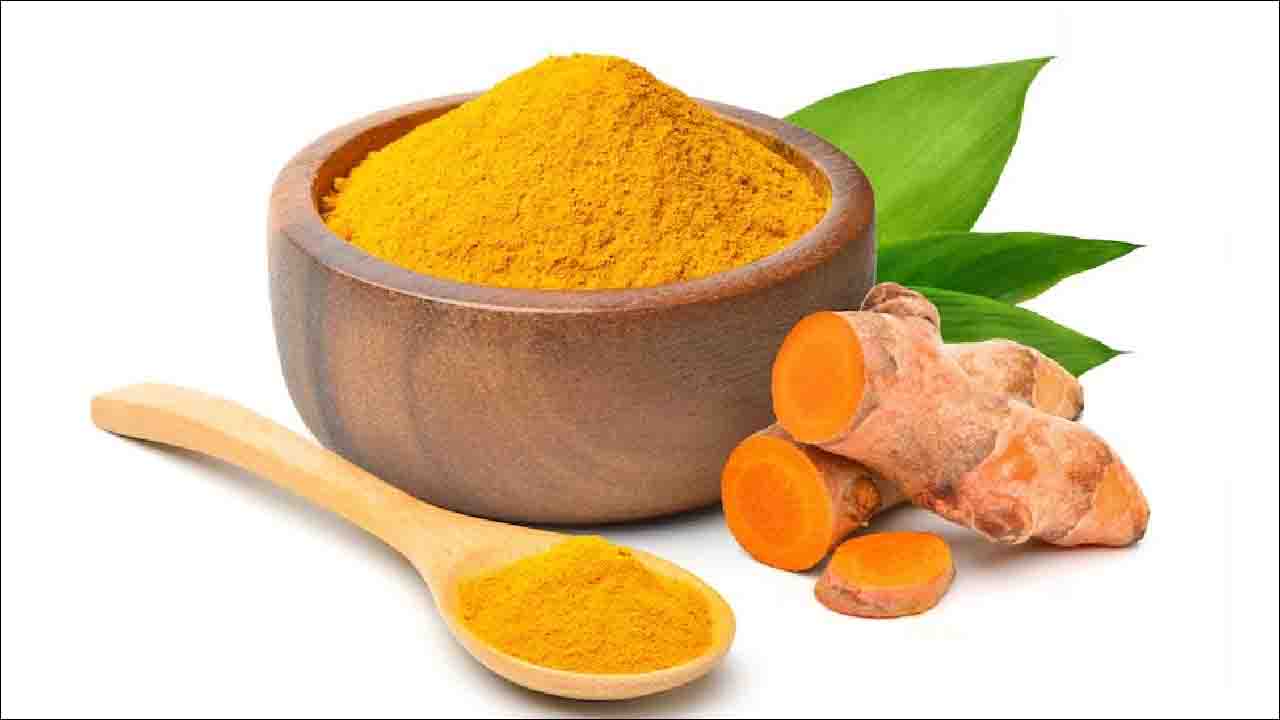Turmeric is a rhizome (root) of the ginger family. Unlike ginger, turmeric contains high levels of the compound curcumin and bright gold in colour. Scientific and medical communities are extremely interested with turmeric and curcumin, due to their powerful health benefits.
The medicinal properties of turmeric are anti-inflammatory, antioxidant, anticancer which prevents cancer cells and tumor cells from growing, antimutagenic prevents genetic mutations and antimicrobial which fights against bacteria and viruses.
The active compound curcumin, which can be found in turmeric, has low bioavailability, which means it’s not easy to absorb and utilize by the body. Studies recommend consuming turmeric with black pepper will help to increase curcumin absorption.
Turmeric acts systemically, which means it benefits many different areas of the body. Although it helps many systems, turmeric has recently shown promise, especially in liver support, brain health, muscle recovery and anticancer actions.
The liver plays a vital role in metabolism, detoxification and overall well-being. Unfortunately, it is prone to injury from various factors such as, toxins, alcohol and diseases.
Turmeric promotes liver health because curcumin is an effective anti-inflammatory and antioxidant which helps to reduce liver inflammation and protects liver cells from damage.
Furthermore, curcumin has been found to stimulate bile production, enhancing liver function and promoting the eliminations of toxins from the body.
We have heard that exercise- induced muscle damage, especially among athletes and fitness enthusiasts. Turmeric may help in muscle recovery since it contains anti-inflammatory properties. Curcumin helps to reduce oxidative stress, ease inflammation and inhibit the release of certain enzymes that contribute to muscle damage. By including turmeric or curcumin supplements into your diet may help to speed up muscle repair and reduce post-exercise soreness.
Chronic inflammation is a contributing feature to many chronic diseases, including cancer, diabetes and heart disease. Curcumin is well known for its effective anti-inflammatory markers in the body. Reducing inflammation and potentially reducing the risk of chronic diseases.
The journal Drug Design, Development and Therapy concluded that curcumin in the treatment of IBD, depression, psoriasis, arthritis, atherosclerosis and other diseases, can lessen inflammatory response, effectively improve symptoms and play an important role in the treatment of diseases.
Oxidative stress, which is caused by an imbalance between free radicals and antioxidants in the body which can lead to cell damage and quicken aging. Curcumin has been shown to have strong antioxidant properties, protecting cells from oxidative damage and neutralizing free radicals. Turmeric improves the body’s antioxidant defense system, potentially lessen the risk of chronic diseases and promoting overall well-being.
Curcumin’s potential neuroprotective properties have gathered interest in the field of brain health. Studies have indicated that curcumin can reduce the risk of neurodegenerative diseases such as Alzheimer’s and improves overall cognitive function.
According to the Journal Neural Regeneration Research, to prevent and treat Alzheimer’s disease, curcumin has effectively maintained the normal structure and function of cerebral vessels, synapses and mitochondria, lessens the risk for a variety of chronic diseases, and reduces the risk of Alzheimer’s disease. It contains antioxidant and anti-inflammatory properties as well as it has the ability to cross the blood-brain barrier, which makes curcumin a capable compound to support brain health.
https://healthnews.com/nutrition/healthy-eating/benefits-of-turmeric-the-golden-root-of-health/








